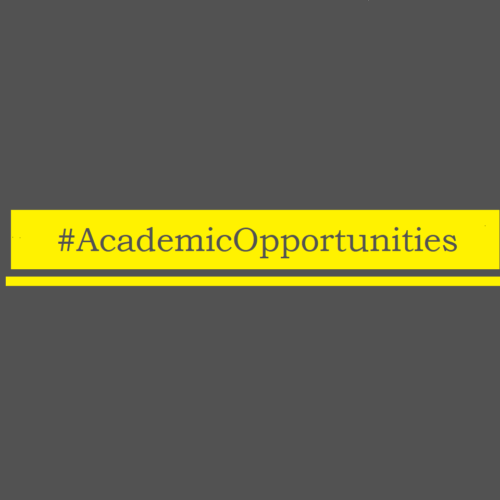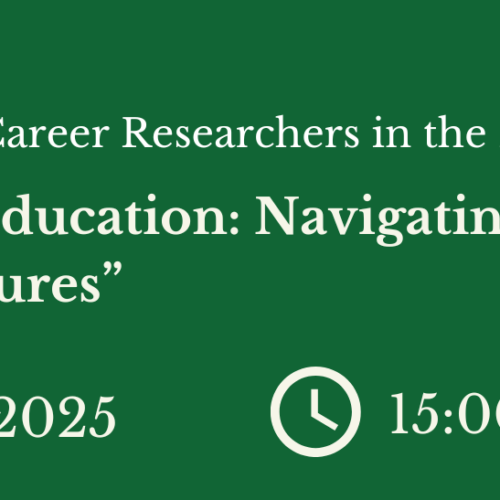CFP: History of Education Review
Julie Mcleod (UMelb), Helen Proctor (USyd) and Tamson Pietsch (UTS) have recently assumed the editorship of the History of Education Review. It is an international journal committed to the publication of high quality peer reviewed research and theoretical papers located in the history of education, broadly construed.
The new editorial team is reviewing the direction of the journal and widening its remit to include fields cognate to the study of the history of education and to promote greater dialogue across the diverse fields of historical inquiry.
To this end, as well as papers in the history of education, the editors welcome submissions of papers in any of the following areas:
- Indigenous education
- Science and technology
- Knowledge and expertise
- The professions and cultural industries
- Youth and childhood studies
- Migration and education
- Education in the Asia-Pacific region
- Historiographical or theoretical papers
They also welcome expressions of interest for special issues or themed sections, and particularly encourage submissions from early career scholars.
For further information please contact the Editors.
About author
You might also like
Online Seminar: The Age of Humidity: Ancient Medicine and Childhood Education in the Renaissance
On 27th, October, “Vormoderne Bildungsgeschichte Online” welcomes Prof. Dr. Luana Salvarani from the University of Parma (Italy) She will present “The Age of Humidity: Ancient Medicine and Childhood Education in
CFA: The University of Manchester Presidential Academic Fellowship: Education. Deadline Apr. 3
CALL FOR APPLICATIONS The University of Manchester Presidential Academic Fellowship: Education The University of Manchester Presidential Academic Fellowship calls for applications in the field of Education for a
CALL FOR PAPERS: CHEA/ACHÉ 21st Biennial Conference
Theme: One Hundred Years of Educational Stability and Change, 1920-2020 Conference Dates: October 22-25, 2020 Conference Location: Victoria, British Columbia – Laurel Point Inn Deadline for Submissions: March 30th, 2020



